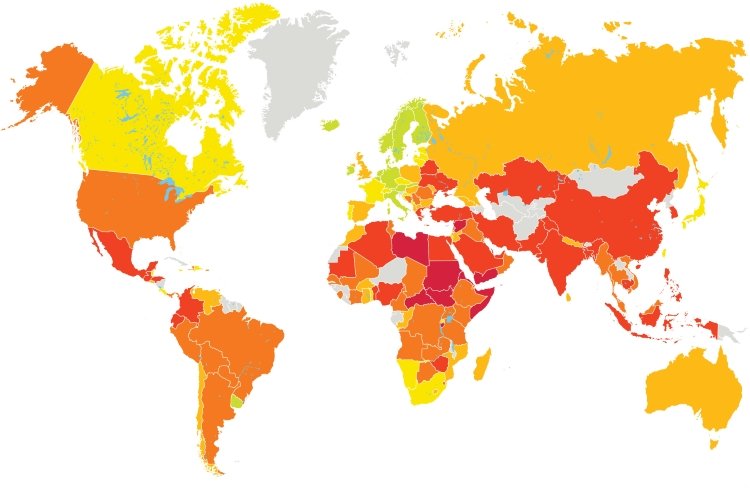COVID-19 pandemic showed clearly that we depend on the essential services of the care economy – health, education, childcare, aged care, and disability support. Care work both paid and unpaid is at the heart of humanity and our societies. Care is primarily provided by women and girls who spend triple the amount of time on unpaid and domestic work than men; there is an overload and disproportionate distribution of care. COVID -19 has revealed the fragility of care work arrangements, current economic and social model has proven ineffective in closing inequality gaps between women and men. Labor conditions of care workers have become more precarious despite of their work becoming essential. At the same time demographic aging and neoliberal policy making lead us to a growing crisis of care; a competitive care market has developed that largely builds on cheap labor force based on migrants mainly from Eastern Europe. Informal care is still very common and formal care is largely underpaid; entire care sector is undervalued, and underfinanced and state funding dedicated to care related sectors does not keep up with increasing care needs.
The PERC Women School participants consider that investment in care is a central element in recovery plans and at the heart of a new social contract and are demanding: investment in all public health and care: mental health, childcare, early childhood education, elderly care and other social care services that serve all communities; access for all to quality public health, care and education services; the creation of millions of decent, green jobs in health, care and early childhood education; the right to freedom of association and to collective bargaining for all care workers, whether in the formal or informal economy; decent pay and working conditions, including equal pay for work of equal value, training opportunities and occupational health and safety; equity and non-discrimination in recruitment, retention, access to training and promotion opportunities; universal and gender-responsive social protection available to all workers regardless of employment status or migrant status, race, disability, gender identity or sexual orientation. The aim of the PERC Women School this year was to raise awareness as concerns the necessity to invest in care to create jobs especially in recovery and resilience national plans following the pandemic crisis; to discuss trade union strategies to tackle the challenges faced by care workers both formal and informal, exchange of good practices; the role of social dialog and collective bargaining policy formulation as concerns social protection for care workers.
The meeting was dedicated to celebration of Global Day for Care on 29 October and the issues discussed were as follows: importance of investing in care, global perspective with contributions from ITUC Equality team; Does Europe Care for Care? presentation made by Barbara Helfferich; ITUC campaign on investing in care with examples from GTUC Georgia, KVPU Ukraine, CNSM Moldova, DGB Germany; Domestic workers in Europe - presentation made by Grace Papa, EFFAT; situation of live-in care workers from CEE -Est-West migration in EU -presentation made by Elena Zacharenko; Ensuring fair recruitment for decent work , presentation of ITUC Migrant Recruitment Advisor made by Ira Rachmawati. The conclusions of the meeting will be used for drafting the program of PERC Women Committee work for next year. #CAREday21,#investincare



